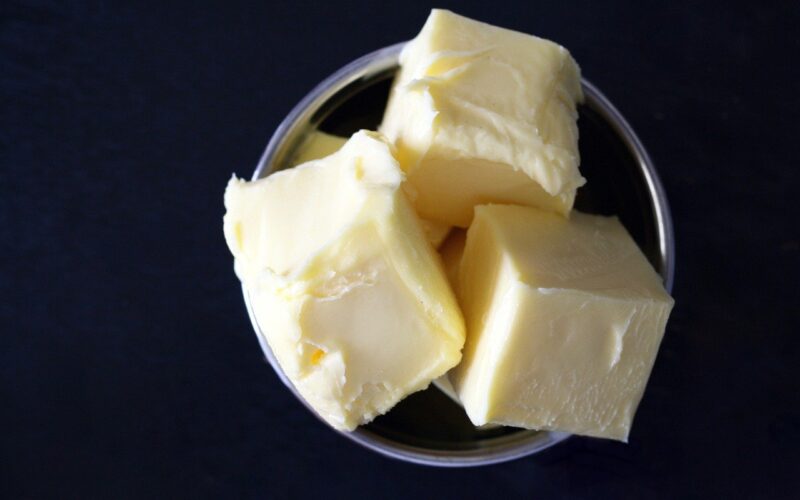There was a time when scientists and the medical community both recommended switching from butter to a margarine substitute. The claim was that butter was loaded with fats, and there were considered unhealthy in a nutritious diet. Over the years, medical science explored many different facets of both foods. The eventual outcome was that margarine was just as bad or worse than butter. This may have been a shock to some.
It is understandable that butter would have a bad reputation in many medical circles. People used to cook with it, add it to recipes on a regular basis, and they would then smother their food in it before consumption. All of this added up to extra calories, and it may have tipped the balance toward too many fats in the diet. Pushing it off the table and out of the kitchen might have been a good idea at the time.
The issue with margarine is that it is made using hydrogenated oils that can upset the cholesterol levels of the blood. These can do harm to the body over the long term, and food scientists have been trying to warm people away from using them. It turned out this food item as a replacement was bad, and the response by many was anger. People felt they had been steered in the wrong direction, yet this is the value of food science over time.
Dietary choices are important when eating healthy, and getting the latest information may be important. One item often overlooked is the caveat of using moderation. For those in need of a buttery flavour or texture, using just enough without adding too much may be the best way to eat healthier while still enjoying flavour and texture.















